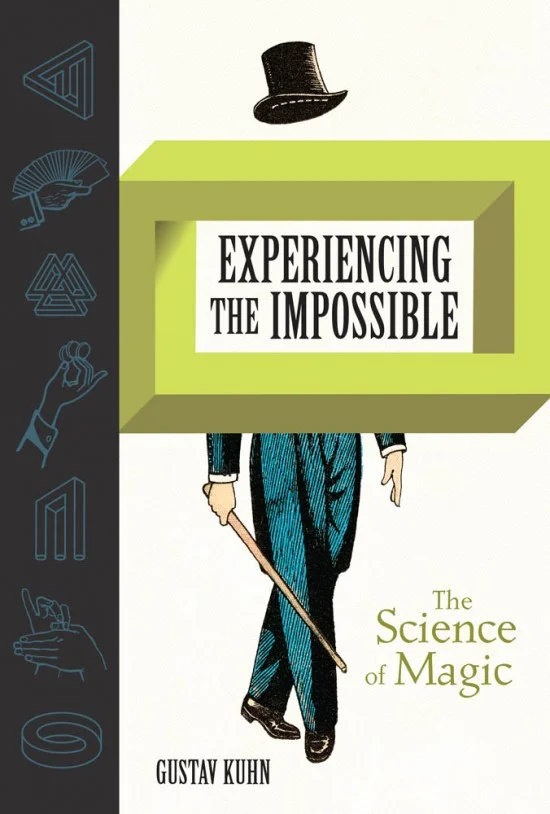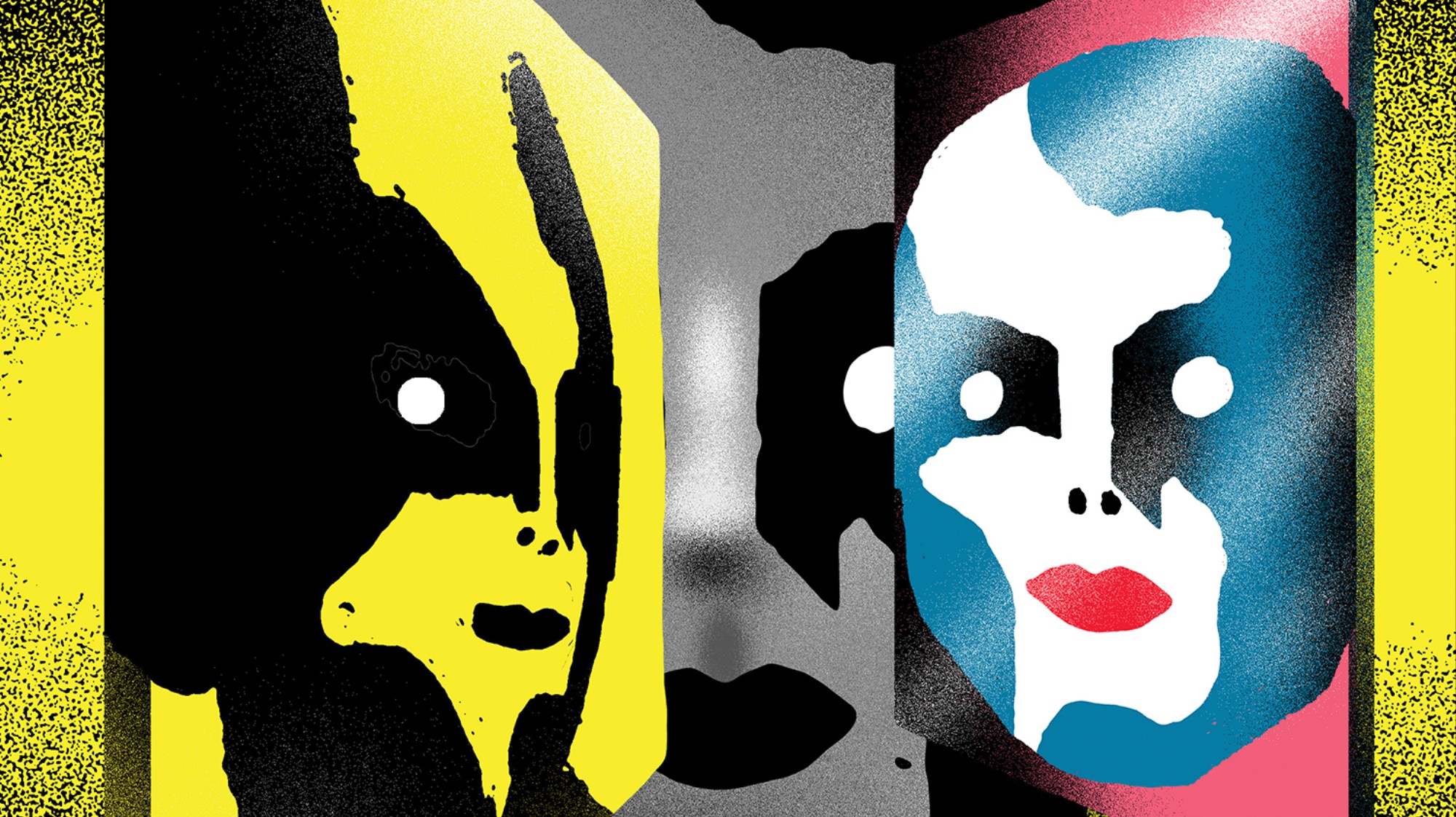Over the weekend, we lost a celebrated magic icon: James “The Amazing” Randi. Randall James Hamilton Zwinge was born in Toronto. On multiple interviews, I heard him discuss getting on the bus and going to see Harry Blackstone Sr. in theatre.
Throughout his life, he was an inspiration to many. He earned his living as a magician and escape artist and even provided behind the scenes consultation for Alice Cooper’s tour.
He went on to become one of the world’s foremost paranormal investigators, and helped thousands, if not millions of people help think more critically about the world around them. He preferred “investigator” instead of the more inflammatory “debunker” used by the media, because “debunking” implies that you have already made up your mind and aren’t open to new evidence. He was one of the luminaries that abused phrase “I want to keep an open mind, just not so open my brains fall out.”
In that role as investigator, he founded the James Randi Educational Foundation. The foundation offered a famed “Million Dollar Prize” for anyone who could demonstrate psychic, paranormal or extrasensory phenomena under mutually agreed upon controlled conditions. Many applied, none ever succeeded.
He worked on something called “Project Alpha” where he got two young magicians insinuated into a parapsychology lab so they could be tested for ESP. The magicians were on their honour: if anyone ever asked if they were just doing tricks, they had to answer honestly. The researchers never asked — again, they were working towards their desired predetermined conclusion — and found out with the rest of the world at a press conference.
You can see his take on science, skepticism and investigating the paranormal in this clip that was just released by Michael Shermer from a lecture in 1992 at CalTech:
Magicians like Randi are extremely important to me. While technically I was a math major, I always feel as though I was brought as a scientists — reading the popular books by Richard Feynman, Stephen Hawking, Richard Dawkins — and when you care about truth, there’s always a little voice in the back of your head that’s not quite on board with magic — which is essentially carefully crafted deception. But you could put it pejoratively and say it’s lying for a living.
And it’s lying in a way that’s different from acting. Magic tends to have a much more academic feel to it, like a science demonstration. After all, if you want people to be impressed when you escape from the box, it helps if you give them time to examine it carefully to understand how sturdy it is. That amount of exposition can make it feel like you are doing magic “for real” — who will take what we do as proof of the supernatural or that we are in league with the devil. It was people like Randi that showed that you can do magic in an intellectually responsible and grownup way where you still get all the fun of the illusion without giving shelter to the wing-nuts.
Of course, he didn’t stop there. He went on to come out as gay when he was into his eighties. Old magicians can learn new tricks.
In 2014, he was the feature of a full-length documentary The Honest Liar, which you can track down and stream in various places.
The magic community mourns the lost of one of our great role models.





